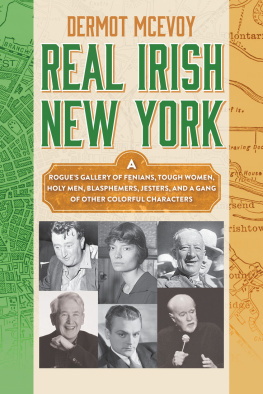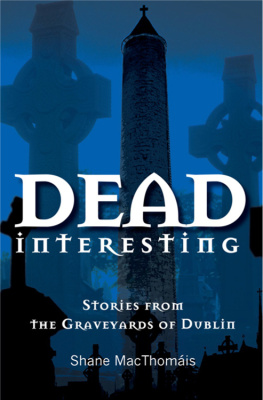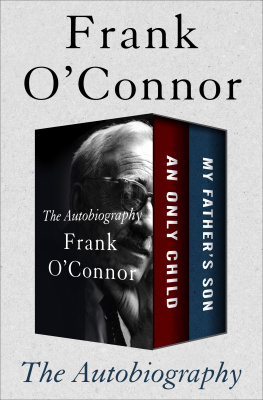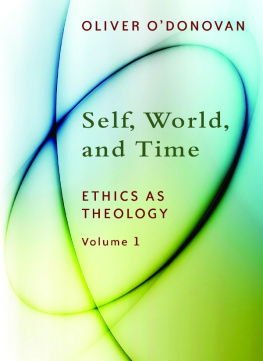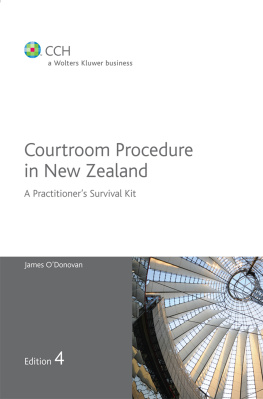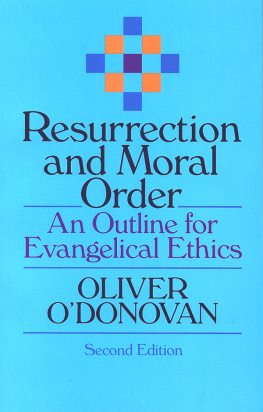ROSSAS RECOLLECTIONS.
1838 TO 1898.
CHILDHOOD, BOYHOOD, MANHOOD.
Customs, Habits and Manners of the Irish People.
Erinach and Sassenach Catholic and Protestant Englishman and Irishman English Religion Irish Plunder .
SOCIAL LIFE AND PRISON LIFE.
The Fenian Movement. Travels in Ireland, England, Scotland and America.
By ODONOVAN ROSSA
ODONOVAN ROSSA,
MARINERS HARBOR, N. Y.
1898.
Copyright
1898
ODonovan Rossa
CHAPTER I.
THE CRADLE AND THE WEANING.
In the Old Abbey field of Ross Carbery, County of Cork, is the old Abbey Church of St. Fachtna. Some twenty yards south of the church is the tomb of Father John Power, around which tomb the people gather on St. Johns eve, making rounds and praying for relief from their bodily infirmities.
On the tombstone it is recorded that Father Power died on the 10th of August, 1831. I was at his funeral; I heard my mother say she was carrying me that day. It is recorded on the parish registry that I was baptized on the 10th of September, 1831; that my god-father was Jerrie Shanahan, and my god-mother Margaret ODonovan. When I grew up to boyhood I knew her as Aunty Peg. She was the wife of Patrick ODonovan Rua, and was the sister of my mothers father, Cornelius ODriscoll. Jerrie Shanahans mother was Julia ODonovan Rossamy fathers uncles daughter. She is buried in Flatbush, Brooklyn. Her granddaughter Shanahan is the mother of nine or ten children of the Cox family, the shoe manufacturers of Rochester, N. Y., who by clounas are connected with the family of ex-Congressman John Quinn of New York, as John Quinns mother was the daughter of Denis Kane of Ross, whose wife was the sister of John Shanahan. I dont know if John Quinn knows that the Coxes of Rochester are cousins of his; I dont know would he care to know that his mothers first cousin, Jerrie Shanahan is my second cousin, and my god-father. There were forty men of my name and family in my native town when I was a boy; there is not a man or a boy of my name in it now. One woman of the name lives as heritor of the old family tomb in the Old Abbey field.
And that is the story of many another Irishman of the old stock. Families scattered in death as well as in life; a father buried in Ireland, a mother buried in Carolina, America; a brother buried in New York, a brother buried in Pennsylvania, a sister buried in Staten Island. The curse that scattered the Jews is not more destructive than this English curse that scatters the Irish race, living and dead.
This place of my birth, Ross Carbery, is famed in Irish history as the seat of learning in the early centuries. Shrines of St. Fachtna, holy wells and holy places are numerous all around it. Distinction of some kindspecial good fortune or special misfortunebelongs to the life of every one born there. It is the birthplace of Maurice J. Power, the right-hand man of ex-President Grover Cleveland, in the city of New York. It is the birthplace of Richard Croker, the right-hand man of the Government of the Tammany Hall Society, in the city of New York.
Of the Fates that hover over my life I have no reason to complain. They have mixed my fortunes; given me a strong constitution, a light heart, and a light pocket, making my struggle for existence active enough to keep the blood in a healthy state of circulation, fortifying me with strength to stand firm under difficulties, and filling my mind with strong hope in the future if I do all that I deem right in the present.
The Maurice J. Power in New York that I speak of is the same family of Powers as the Father John Power at whose tomb the people pray to God for relief from their infirmities. And the belief is that many have obtained relief through their prayers there. I know that I have gone through that Abbey field the day after a St. Johns eve, and I have seen, propped up by stones, a pair of crutches that were left there by a man who came into the field on those crutches the previous day. The holy words say, Faith will move mountains, the whole world is the temple of God, and the pilgrim cripple, full of faith, praying to Him in that Abbey-field, became able to walk away without his crutches, and leave them standing there as monuments of the miracle.
Father Jerrie Molony, the priest of the parish, discountenanced the rush of people to Father Powers tomb every St. Johns eve: he spoke against it from the altar on Sundays. All to no use; the people came; came in thousands. Of course, where people congregated in such numbers, abuses began to grow; the votaries of sin came into his parish as well as the votaries of prayer, and very probably the good priest thought it better to stop the gathering altogether than have it made the occasion of shame and scandal.
I will here leap some years ahead, to record my recollection of one St. Johns eve that I was in Ross. It was in the year 1858.
James OMahony of Bandon wrote to me that he wished to meet me to have a talk over Irish national affairs. He suggested that St. Johns eve in Ross would be a good place, as crowds of people would be there, and we would escape any prying notice. We met there that day. We had our talk, and then we walked toward the Abbey field. The blind and the halt and the lame were there, in every path and passage way, appealing for almsappealing mostly in the Irish language. We stood behind one man who was sitting down, his bare ulcerated legs stretched out from him. His voice was strong, and his language was beautiful. OMahony said he never heard or read anything in the Irish language so beautiful. Taking his notebook and pencil to note down the words of the appeal, some traveling companion of the cripples told him that a man was taking notes, and the cripple turned round and told us to go way. He wouldnt speak any more until we went away.
This James OMahony was a draper in Bandon; he was the brother of Thaddeus OMahony who was a professor of the Irish language in Trinity College, Dublin. He went to Australia in the year 1863. I hope he is alive and happy there. With him went another comrade of mine, William OCarroll, who kept a bakery in North Main Street, Cork. They were among the first men in the South of Ireland that joined the Stephens movement. It was James OMahony that first gave James Stephens the name of Seabhac; shouk; hawk. The Shouk shoolachthe walking hawkwas a name given in olden days to a banned wanderer. Stephens, at the start of this organization, traveled much of Ireland on foot. A night he stopped at my house in Skibbereen, I saw the soles of his feet red with blisters.


